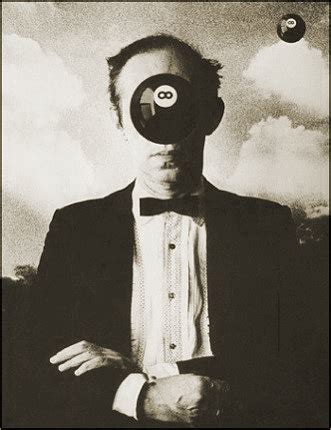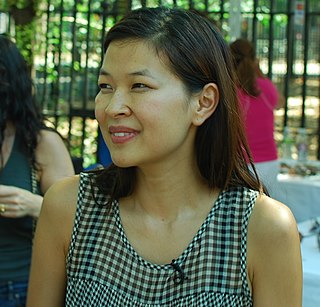A Quote by Min Jin Lee
People often think of America as a classless society, but, of course, that isn't true. Within immigrant communities, there's an enormous distinction of class, depending on who your parents are, and that kind of thing comes out really quick in things like marriage and interpersonal relationships.
Related Quotes
Class is a big issue here. And some people get picked on more than others. I think we probably do. I mean, it doesn't help that we wear waistcoats and tweed the whole time. But there is a reverse snobbishness in England towards that sort of stuff. And I think that's one of the reasons we really enjoy America, 'cos we're classless.
I still feel vibrant and alive that way. I'm in a marriage where we put an enormous amount into our marriage. I always say, there's me, there's my husband, and then there's the "us," the us that we create. That's what we really take care of. We never, ever take it for granted. We do everything we can to be together, not to be separated for periods of time. We're just a very, very tight family unit, and we're really kind to each other. I think it's so underrated; people don't appreciate the necessity of that in society now.
The idea that relationships are not a strategy is potent; and the sad commentary proceeds to say that often relationships are seen as a strategy, a means to accomplish great things - except love and relationship are not what is really wanted. We want to appear relational so people will like what we have to offer. It's the difference between wanting a good marriage and loving the person you married.
Often when you're an immigrant writing in English, people think it's primarily a commercial choice. But for many of us, it's a choice that rises out of the circumstances of our lives. These are the tools I have at my disposal, based on my experiences. It's a constant debate, not just in my community but in other communities as well. Where do you belong? You're kind of one of us, but you now write in a different language.
True names,” said September wonderingly. “These are all true names. Like, when your parents call you to dinner and you don’t come and they call again but you still don’t come, and they call you by all your names together, and then, of course, you have to come, and right quick. Because true names have power, like Lye said. But I never told anyone my true name. The Green Wind told me not to. I didn’t understand what he meant, but I do now.
I nurture my close relationships like priceless lamps. That's part of why the job itself is inherently difficult and kind of a paradox, because you're out there touring and traveling and going a million miles a minute, but the things that are keeping you steady and stable can be really hard to nurture when you're going fast, and your relationships, which are the number one thing that help me through.
Obviously there are many, many ways of being an outsider, but having immigrant parents is one of them. For one thing, it makes you a translator: there are all kinds of things that American parents know about life in America ,and about being a kid in America, that non-American parents don't know, and in many cases it falls on the kid to tell them, and also to field questions from Americans about their parents' native country.
Conversations about money, culture, power, class - it's at the center of my identity. I think it's a combination of being born to immigrant parents, growing up relatively poor, and really living in a world where formal institutions, like banks and anywhere that you had to sign a contract, was really feared and avoided at all costs.
On one hand, I kind of feel like I have unlimited options right now, and obviously that's not technically true, but when you're at this place where you're just kind of dreaming up stuff, your imagination is your limit. That's where I'm at, which is great, but ultimately I think you have to make these decisions to close off some options to yourself. I think things only get done when you say, "This is the one thing I'm doing," and you kind of kill the other ones in the meantime. So I haven't done that yet, I've got to figure that out.






































